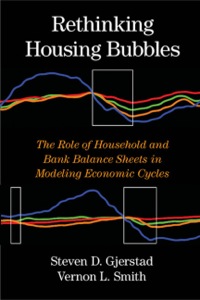Question
11. Suppose that a fund that tracks the S&P has mean E(Rm) = 16% and standard deviation m = 10%, and suppose that the T-bill
11. Suppose that a fund that tracks the S&P has mean E(Rm) = 16% and standard deviation m = 10%, and suppose that the T-bill rate Rf = 8%. Answer the following questions: (a) What is the expected return and standard deviation of a portfolio that is completely invested in the risk-free asset? (b) What is the expected return and standard deviation of a portfolio that has 50% of its wealth in the risk-free asset and 50% in the S&P? (c) What is the expected return and standard deviation of a portfolio that has 125% of its wealth in the S&P, financed by borrowing 25% of its wealth at the risk-free rate? (d) What are the weights for investing in the risk-free asset and the S&P that produce a standard deviation for the entire portfolio that is twice the standard deviation of the S&P? What is the expected return on that portfolio? (e) Assume an investor preference is characterized by the utility function U = E[r]-0.5A()^2. What is the optimal portfolio for an investor with A=4? (Hint: calculate the investors utility for different portfolio combinations. Begin with 100% in risk free, 0% in S&P and go up to -50% in risk free and 150% in S&P with 10% increments. For example, the second portfolio will be 90% in risk free and 10% in S&P. Excel would be helpful here.)
Step by Step Solution
There are 3 Steps involved in it
Step: 1

Get Instant Access to Expert-Tailored Solutions
See step-by-step solutions with expert insights and AI powered tools for academic success
Step: 2

Step: 3

Ace Your Homework with AI
Get the answers you need in no time with our AI-driven, step-by-step assistance
Get Started


